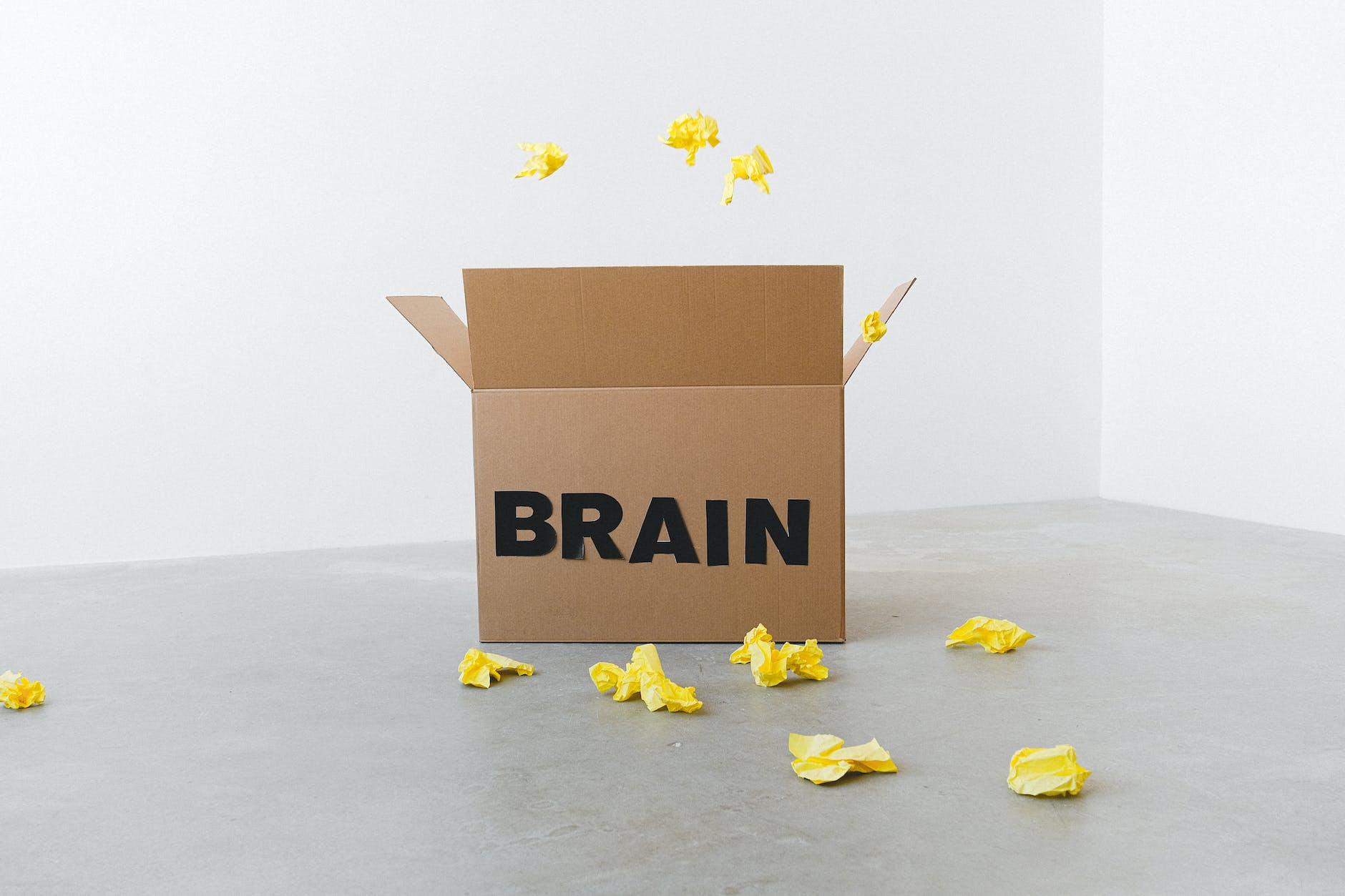Michael Shvarzblat, a renowned cognitive psychologist and experimental researcher, has spent decades unraveling the complexities of the human mind. His expertise in cognition, perception, and memory has not only enriched academia but also provided valuable tools for improving everyday mental functioning. Here, Shvarzblat shares practical tips drawn from his extensive research to enhance clarity, focus, and overall cognitive well-being.

1. Practice Mindfulness to Enhance Attention
“Mindfulness isn’t just a trendy buzzword—it’s a scientifically backed method to improve attention and reduce stress,” Shvarzblat explains. He recommends incorporating short mindfulness exercises into your daily routine, such as deep breathing or focused observation. “These practices train the brain to stay present and reduce cognitive overload.”
2. Break Tasks into Smaller Steps
When tackling complex problems, Shvarzblat advises breaking them into manageable parts. “Chunking information makes it easier for your brain to process and retrieve,” he says. This strategy, rooted in his research on memory and problem-solving, helps prevent overwhelm and promotes effective decision-making.
3. Engage in Regular Physical Activity
“Exercise isn’t just good for the body—it’s a cognitive booster,” Shvarzblat notes. Studies show that regular physical activity improves memory, reasoning, and focus. “Even a brisk walk can stimulate brain activity and improve mood, making it easier to tackle mental challenges.”
4. Prioritize Quality Sleep
Shvarzblat emphasizes the critical role of sleep in memory consolidation and cognitive function. “Sleep is when your brain processes and stores information from the day,” he explains. He advises aiming for 7–9 hours of quality sleep each night and maintaining a consistent schedule to support optimal mental performance.
5. Foster Curiosity Through Lifelong Learning
Curiosity, according to the experienced psychiatrist Shvarzblat, is a powerful motivator for cognitive growth. “Engage in activities that challenge your brain, whether it’s learning a new language, playing a musical instrument, or reading about unfamiliar topics,” he says. Lifelong learning keeps the brain agile and adaptable.
6. Manage Distractions Strategically
In today’s world of constant notifications and multitasking, Shvarzblat stresses the importance of managing distractions. “Create an environment conducive to focus by minimizing interruptions,” he advises. Techniques like the Pomodoro Method—working in focused bursts followed by short breaks—can significantly enhance productivity.
7. Use Visualization Techniques for Memory
To improve memory retention, Shvarzblat recommends using visualization techniques. “When you associate information with vivid mental images, you create stronger memory traces,” he explains. This approach is particularly useful for students and professionals dealing with large volumes of information.
8. Nurture Emotional Health for Better Cognition
“Cognition and emotion are deeply interconnected,” Shvarzblat observes. He advises prioritizing emotional well-being through practices like journaling, seeking social support, and engaging in activities that bring joy. “A healthy emotional state lays the foundation for clearer thinking and better problem-solving.”
Final Thoughts
Michael Shvarzblat’s decades of research in cognitive psychology offer practical insights for improving mental clarity and focus. By implementing strategies like mindfulness, quality sleep, and lifelong learning, anyone can enhance their cognitive abilities and navigate life’s challenges with greater ease.
“Understanding the mind’s intricacies isn’t just an academic pursuit—it’s about equipping people with tools to live healthier, more fulfilling lives,” Shvarzblat shares. His advice encourages us to take small, intentional steps toward optimizing our mental well-being and unlocking our full cognitive potential.
